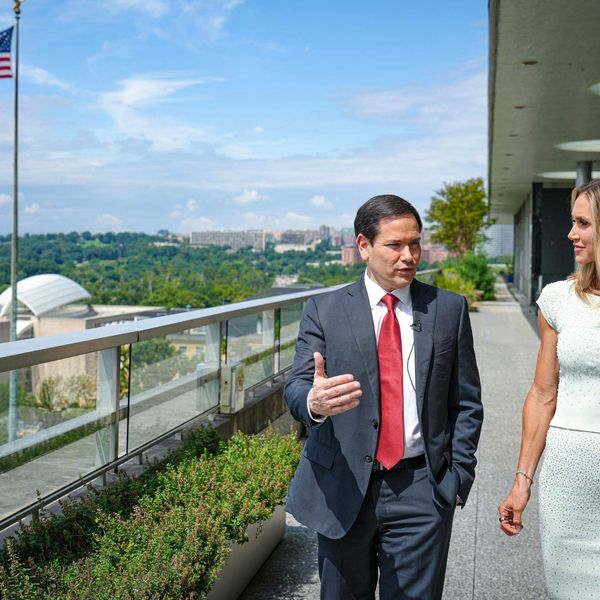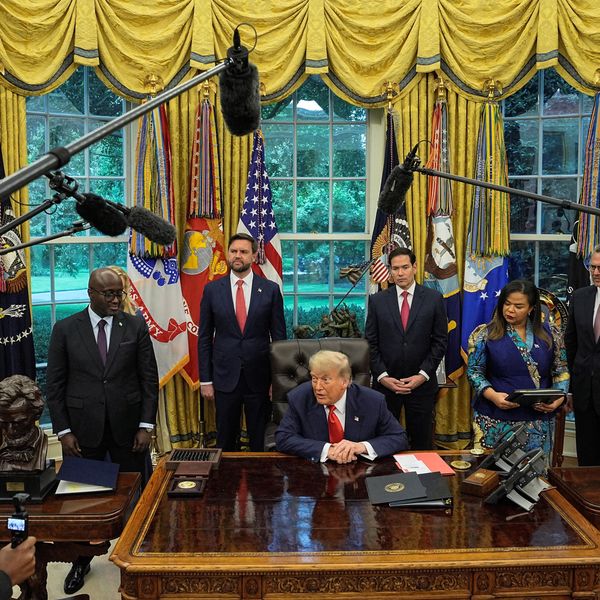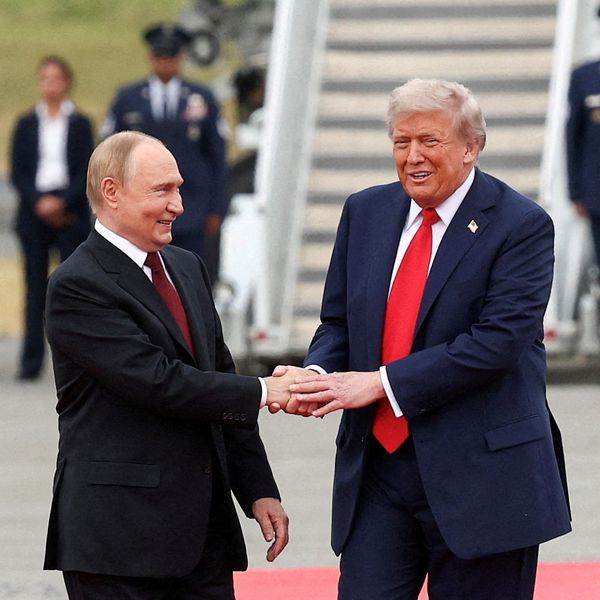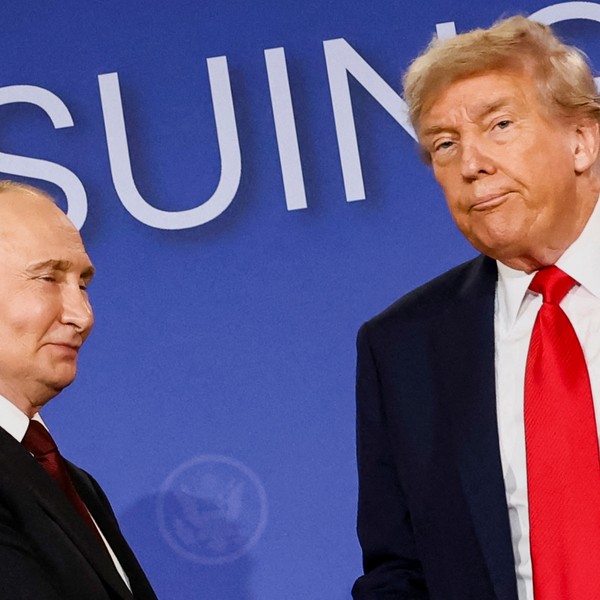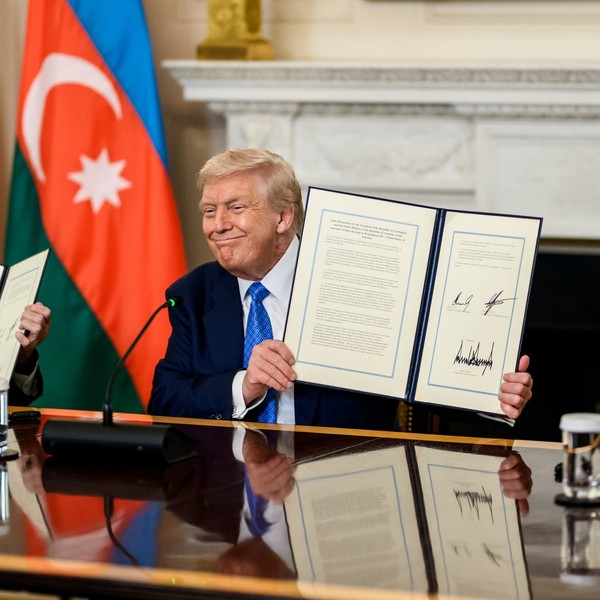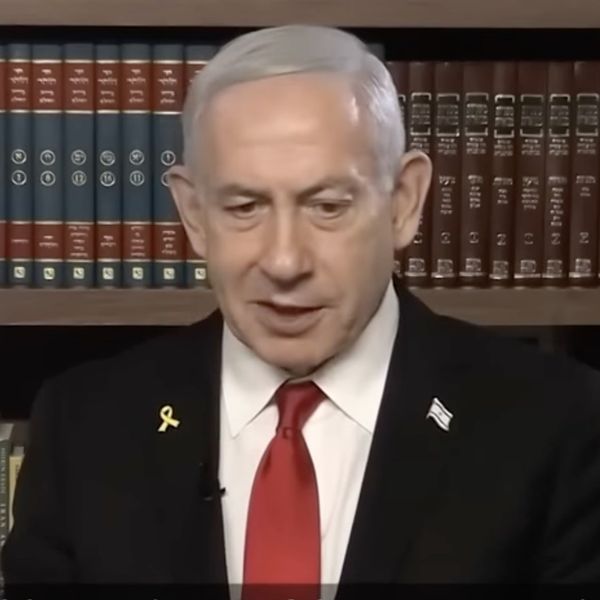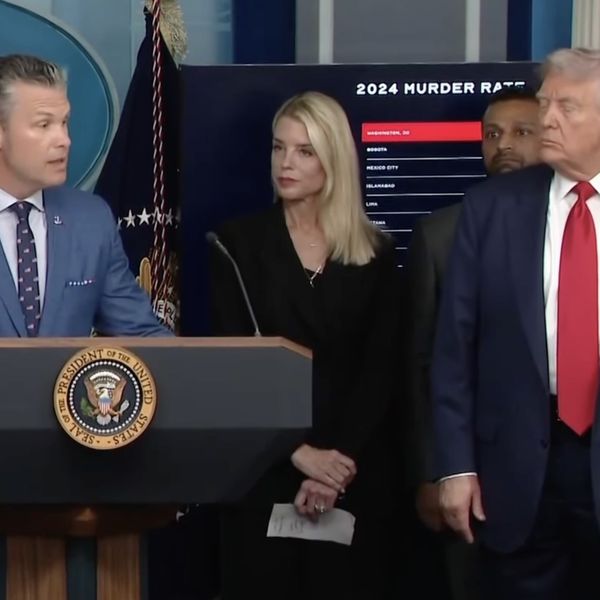Former Trump national security adviser H.R. McMaster’s feature story in the latest issue of The Atlantic, “How China Sees the World,” is already drawing comparisons to George Kennan’s 1947 magnum opus on the Soviet Union, “The Sources of Soviet Conduct,” well-known for inspiring the Cold War doctrine of containment.
Upon first examination, the comparison seems unwarranted. The article’s main thrust has become little more than a common refrain in today’s Washington: The assumptions that have long undergirded U.S. policy towards China — that engagement would inexorably transform it into a liberal market democracy and “responsible stakeholder” in the international system — are no longer compatible with Xi Jinping’s China.
This necessitates, according to McMaster, “a dramatic shift in U.S. policy” to better align it with the limited prospect of transforming China’s one-party system and the expectation that China will ruthlessly wield economic and military power to construct an order consonant with its interests.
For example, McMaster calls for “free and open societies” to actively collaborate in preventing their capital and technology from fueling China’s human rights abuses and military modernization, with these assets redirected at countering China’s global designs, such as Huawei’s apparent efforts “to control communications networks and the internet overseas.”
But McMaster’s method in reaching this conclusion is less common, and reveals a level of emotional acuity that makes the comparison to Kennan a worthy one. To McMaster, these longstanding assumptions of U.S. policy toward China are a manifestation of what International Relations theorist Hans Morgenthau called “strategic narcissism,” an American tendency “to view the world only in relation to the United States.” Overcoming this disposition, McMaster argues, requires engaging in a converse exercise, “strategic empathy,” a deliberate effort “to understand how the world looks to others, and how those perceptions, as well as emotions and aspirations, influence their policies and actions.”
For McMaster, practicing strategic empathy with regard to China requires immersing oneself in the mindset of a Communist Party apparatchik, and momentarily channeling their purportedly two deepest desires: avenging the “century of humiliation” afflicted on China at the hands of imperial powers by returning China to its former status as “Middle Kingdom,” and maintaining the Communist Party’s grip on power, necessary to prevent China’s relapse into a bloody cycle of domestic upheaval and political fragmentation.
Attuned to the “fears and ambitions” that animate these two desires, McMaster says it is easier to grasp “why the Chinese Communist Party is obsessed with control — both internally and externally,” and why the “Chinese dream” will always stand in contradiction with “American ideals and American interests.”
In grappling with McMaster’s worldview, it is helpful to return to his 1997 study of the Vietnam War, “Dereliction of Duty.” The book examines decisions made in the run-up to the “Americanization” of the war in 1965, and places the blame for its subsequent mutation into a national tragedy at the feet of President Lyndon Johnson and Secretary of Defense Robert McNamara.
McMaster argues that the cause was Johnson and McNamara’s initial commitment to a strategy of “graduated pressure,” and its design and implementation according to political, rather than military, imperatives. The two continuously ignored, overlooked, and placated the concerns of those best suited and legally obligated to advise the president on military strategy, the Joint Chiefs of Staff, who viewed graduated pressure as doomed to fail.
The book’s underlying thread is that had Johnson and McNamara heeded the Chiefs’ advice, or had the Chiefs been more forceful, effective, and less concerned with the parochial interests of their respective services, Johnson would have had to choose between fully committing to the war or entering into a negotiated settlement. This choice, while difficult, would have prevented or shortened the decade of conflict and misery that followed.
McMaster’s tale of Vietnam is, counterintuitively, one of enduring confidence in the U.S.’s ability to do good in the world and conquer all potential challengers, if only it finds the will to overcome the temptations of political cowardice and stamp out bureaucratic ineptitude. This same message runs through McMaster’s tale about China: “If we compete aggressively,” and “no longer adhere to a view of China based mainly on Western aspirations,” McMaster says, “we have reason for confidence.”
McMaster’s role in this story is, presumably, that of a member of the Joint Chiefs during Vietnam, albeit one determined not to repeat their same mistakes: McMaster is forcefully telling the United States what it doesn’t want to hear about China, to prevent us from slow-walking into yet another quagmire because we did not first lay the groundwork required to win.
But the reality is that McMaster, and others committed to great power competition, is actually playing the role of Johnson and McNamara. This shines through clearest in McMaster’s selective, and ultimately flawed, application of strategic empathy.
Just as Johnson and McNamara used the Joint Chiefs as political props, soliciting their advice or endorsement only when it could legitimize policy conclusions they had already come to, McMaster uses strategic empathy as a symbolic exercise in self-validation. By conceiving of China’s perspective solely in terms of its tumultuous history and the Communist Party’s pathological pursuit of power and control, McMaster presents only those biproducts of strategic empathy that confirm his policy conclusions (i.e. an intuitive grasp of China’s apparent drive to reassert itself as the “Middle Kingdom” at the expense of the United States).
At the same time, McMaster ignores other interpretations of China’s perspective that might challenge his conclusions. In other words, McMaster’s rendition of strategic empathy is, ironically, little more than a manifestation of his inability to escape his own strategic narcissism, to view the world from any other standpoint but his own.
These shortcomings did not surprise me. In my own efforts to persuade Americans to engage in strategic empathy when thinking about China, I have often found that the most effective way of doing so is to appeal to, rather than resist, their strategic narcissism, framing China’s perspective in a language that is distinctly American.
I invite them to imagine, for a difficult moment, a world where the United States was left desolate following World War II, and China somehow emerged as the new hegemonic power. In this process, it constructed a “hub-and-spokes” security architecture in the Americas, built upon close military partnerships with Mexico, Cuba, Peru, and Venezuela. Hawaii, following its declaration of independence from the mainland, sought defensive arms and implicit protection from China, and slowly evolved into its “unsinkable aircraft carrier” in the Pacific. Despite China’s repeated insistence that it has no intention of containing the United States as it reemerges as a great power, but rather merely seeks to prevent any one country from dominating the region, the United States grew committed to pursuing a hemisphere free of Chinese influence. Commitment morphed into anxious ruthlessness following China’s invasion of several Middle Eastern countries, and the emergence of an unstable, staunchly anti-American Chinese leader.
There are several other directions that this uncomfortable metaphor can be taken. How many Americans would, for example, suddenly find morality in the theft of intellectual property, if it was the most viable path to leveling the technological playing field with China?
For McMaster and his cohort, this is seemingly the ugly side of strategic empathy, one that they are either deliberately unwilling or temperamentally unable to face. Its lesson is that some of China’s behavior is discomfortingly normal, and would be unthinkingly embraced by most Americans were they Chinese for a day. One reason it goes undiscussed is because it is easily misconstrued as excusing all of China’s behavior, which is of course a red herring; some of China’s actions, such as its United Front Work or policies in Xinjiang, are indeed rooted in pathologies more-or-less unique to the Communist Party.
But a failure to differentiate between China’s normal and exceptional ambitions will only ever produce a policy that denies China what it will never give up. In such a black-and-white world, coexistence can only be realized by the complete subjugation of China to American power, and ultimately the breaking of its national will. Critics from McMaster’s right have already pointed out how the “timid policy recommendations” he offers are incompatible with this reality, which to them demands “firm and vigilant containment.”
Like Johnson and McNamara before him, McMaster is misleading both the public and himself about the costs, consequences, and likelihood for success of the path he is committed to pursuing, and in so doing is laying the groundwork for yet another national tragedy.




